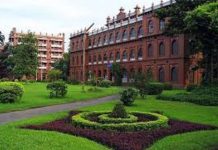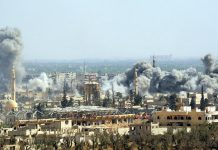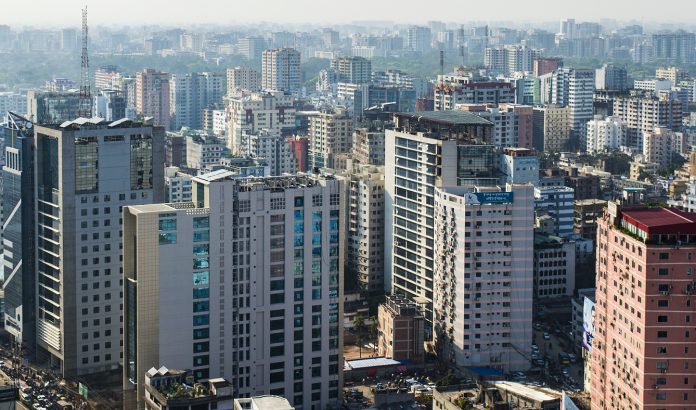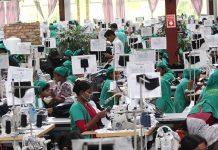APRIL 30, 2017: DAILY SUN
Despite small area of land the strategic geographical location of Bangladesh is highly significant. A substantial portion of this biggest delta of the world had been created throughout thousands of years and is still being expanded with silt carried out by hundreds of rivers. Two big sea ports and hundreds of river ports throughout the country have made this land of rivers a magnificent network of inland waterways.
Naturally many countries of the world that are small in terms of area of land are largely driven by trade and service oriented economy. Because in order to be heavily industrialised or large manufacturer there have inevitably been a question of big area of land, environmental safety and expenses of waste treatment plant for a densely populated country like Bangladesh.
Only a couple of decades ago the economy of Bangladesh was fully agriculture based and was one of the poorest countries of the world. Almost 90% people would live in the villages until late 70s. From the beginning of 80s gradual urbanisation started and now almost 40% people are living in urban areas. The urbanisation is gaining rapid paces day by day. Due to small area of land and high density of population heavy industrialisation in Bangladesh is not favourable for the environmental safety as well as for the public health. But at the very beginning of industrialisation country did not consider environmental safety, pollution control and waste management. There were also no criteria or obligation from the authority for getting environmental safety clearance to set up an industrial plant. As a result of that we are witnessing the worst kind of environmental pollution, atmosphere with full of harmful gases and particles, highly toxic and severely contaminated water in the rivers. As a result bio diversity has adversely been changed and people are suffering from various diseases due to severe air and water pollution.
Therefore, in order to create a pollution-free environment, atmosphere and favourable livelihood for the new generation as well as for other living creatures all of us must come forward to reshape our country as mostly trade and service oriented one instead of heavily industrialised.
If we observe the service economy in developing countries we would find that such a type of economy is most often made up of financial services, tourism, distribution, health and education. The export potential of many of these products is already well understood, e.g. in tourism, financial services and transport, however new opportunities are arising in other sectors, such as the health sector. For example: Indian companies that provide scanning services for US hospitals. South Africa is developing a market for surgery and tourism packages. India, the Philippines, South Africa and Mauritius have experienced rapid growth in IT services, such as call centres, back-office functions and software development.
Hopefully our young generations are highly innovative minded and deeply enterprising. If given proper incentives, motivation and training, they will become world class entrepreneurs and human resources. At the same time, social stability in Bangladesh is very much satisfactory. The Bangalis are the single nation with a very little number of indigenous people and there is no ethnic diversity, conflict and almost no chances of divergent movement.
Bangladeshi young generations are meritorious and ambitious. Many young scientists and engineers are working in world famous IT firms, such as Google, Microsoft, Facebook, Amazon, Apple and so on. On the other hand, many scientists of Bangladesh origin are contributing significantly to the invention and discovery of various scientific instruments and theories. If those are given better opportunities at home then gaining those brains would be very much possible. On the other hand, in the healthcare sector Bangladesh is gaining capability in providing healthcare services with state of the art world class facilities and equipments. Only a strict and transparent healthcare policy of the government could bring positive changes in the healthcare sector.
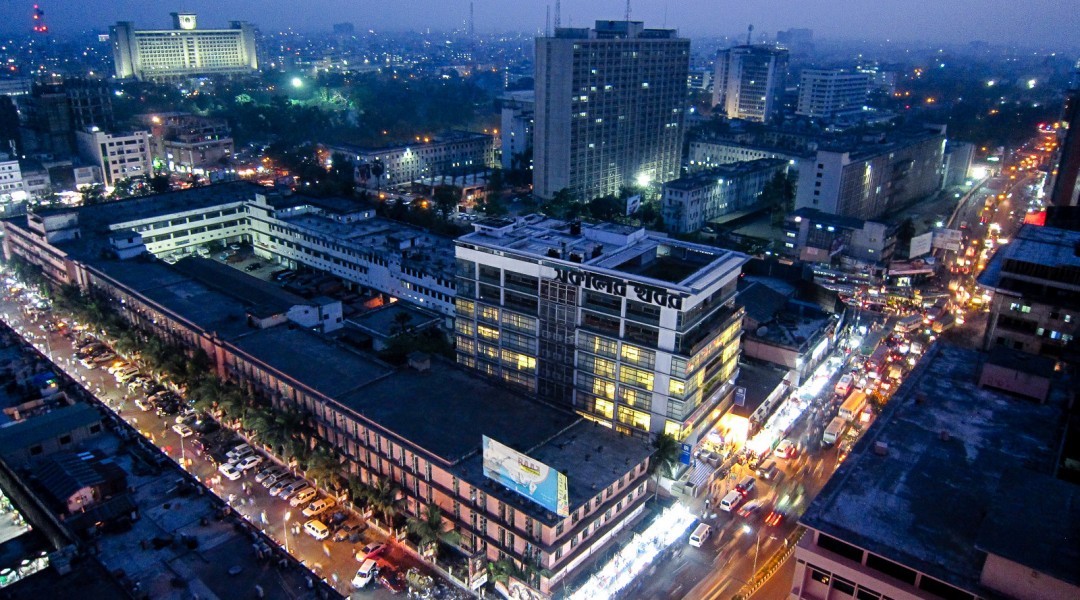
Lower cost of labour is another resourcefulness of the country. Bangladesh can compete in price competitiveness with any product or service of any other county in the world. Hopefully the number of skilled manpower is being increased very fast in the country.
In order to be a service oriented economy any country must have state of the art infrastructural development, such as roads, highways, easy and uninterruptible communication system, high-speed information super highway and required high-rise buildings. The 6.8 km Padma Bridge is being built by our own funding and this indicates outstanding financing capability of Bangladesh in spite of being a less developed country. The soil of Bangladesh is highly favourable to build high rise buildings or any type of mega structure. Since the land area of Bangladesh is very small; it would not be possible to be a world class service oriented economy without required world class infrastructural development.
Dubai, Singapore and Hong Kong are the key business centres of Asia. These are the major hubs of Asian trade and business. Out of those hubs Singapore and Hong Kong are two fully fledged city states where almost all area of land is full of high-rise buildings, headquarters of world’s top multinational companies. These two cities have come to this position with their excellent sea port and available sophisticated trade and service friendly environment with the facilities of state of the art infrastructure.
Despite political instability, natural disaster, corruption and smuggling of fund to several tax-heaven zones or off-shore banks Bangladesh is making advancement in all indicators of social, economic, human resource and entrepreneurship development. However, the government should show zero tolerance to all of those corruptions and smuggling. The government should also create a highly attractive investment friendly environment with all required facilities and stable political environment in order to facilitate both inflow and outflow of Foreign Direct Investment (FDI) in various sectors. Otherwise it would not be possible for Bangladesh to become a trade and service oriented upper middle income country within the targeted period.
© Copyright: Reserved by the writer (Noore Alam Siddiqui)










